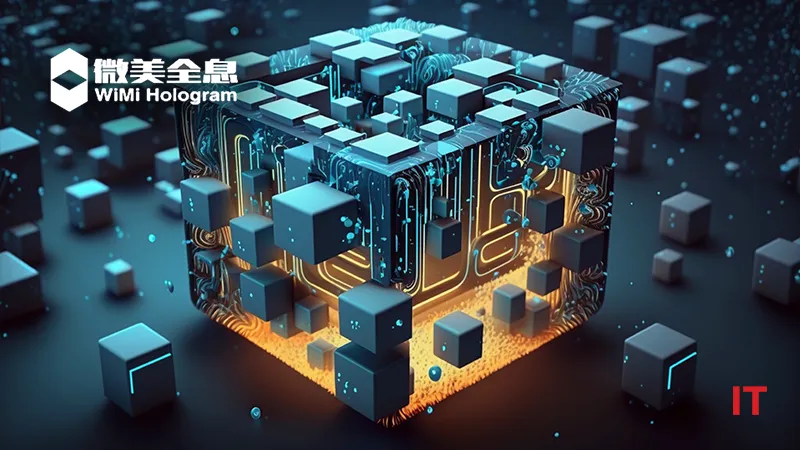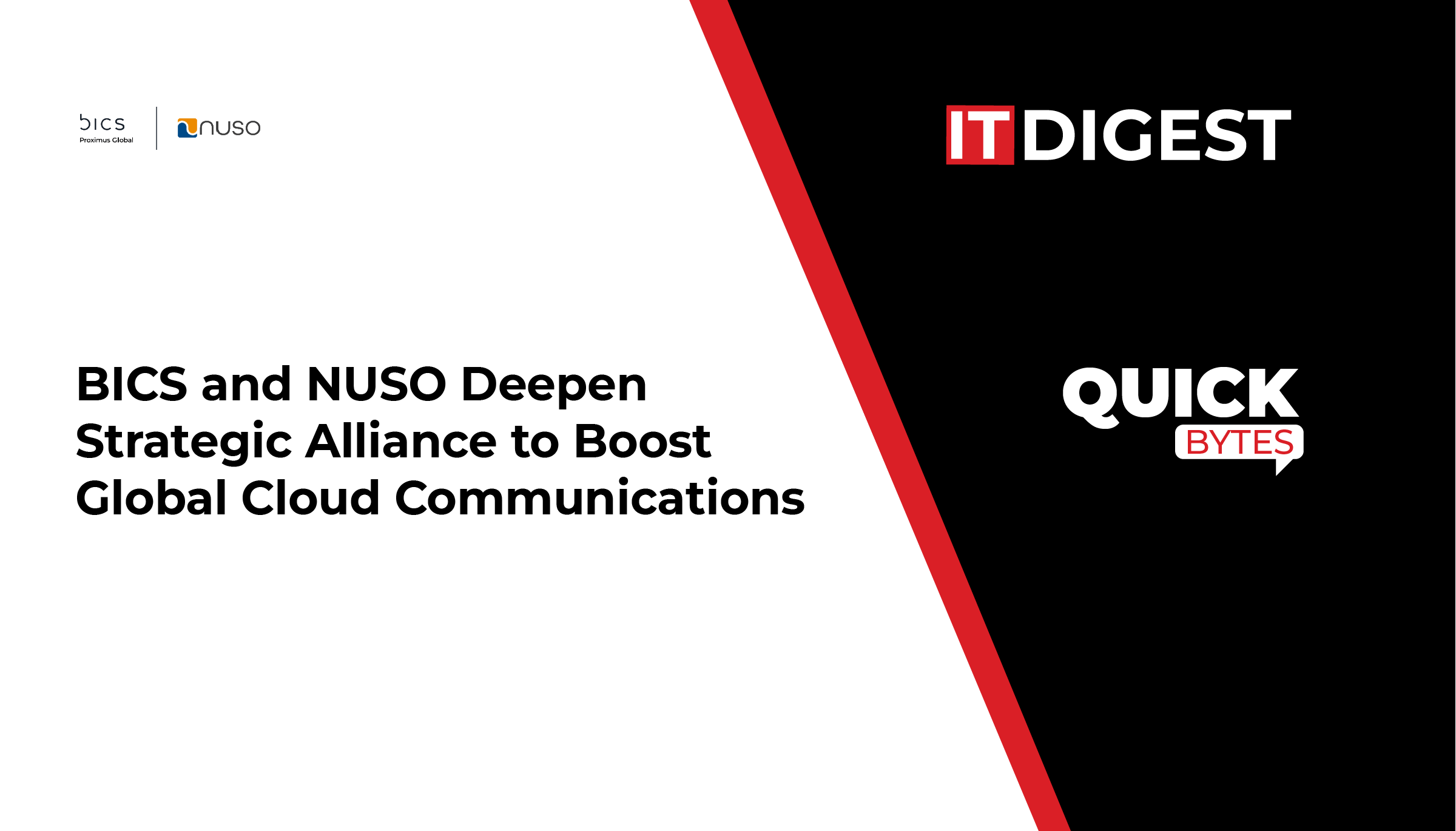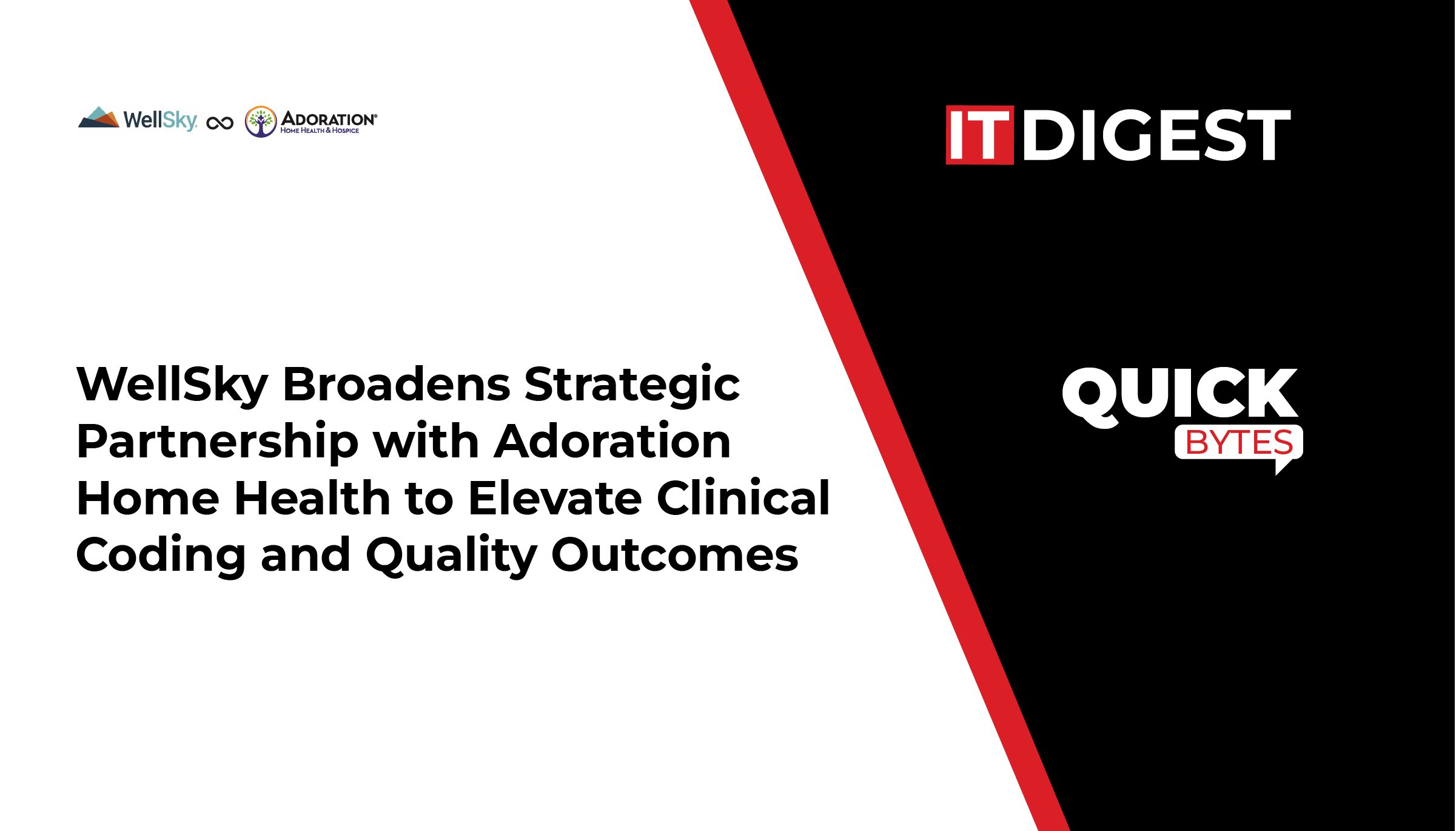WiMi Hologram Cloud Inc., a leading global Hologram Augmented Reality (“AR”) Technology provider, announced that they are exploring an innovative solution: a blockchain-based distributed collaborative computing architecture specifically designed for in-vehicle digital twin networks. This architecture cleverly integrates the decentralized nature of blockchain with the simulation and predictive capabilities of digital twins, aiming to address the challenges of resource collaboration and decision-making in the Internet of Vehicles (IoV).
Blockchain technology, with its characteristics of immutability and decentralization, plays a central role in the IoV. It not only ensures the security of data exchange between vehicles but also promotes transparent resource management. In WiMi’s blockchain-based distributed collaborative computing architecture, each vehicle is treated as a node, with its computing power, storage capacity, and other resource information recorded on the blockchain. When an application request arises, the system can quickly identify the most suitable resource provider and automatically execute the transaction through smart contracts, enabling real-time resource allocation and optimal utilization.
Also Read: Almanax Unveils Web3 Security Atlas: Open-Source Tool
Digital twin technology is another key component of the architecture, allowing the creation of highly accurate virtual models of vehicles and their environments. By collecting and analyzing real-time data from vehicle sensors, digital twins can precisely simulate vehicle operating conditions and external environments, providing strong support for decision-making. For example, in the case of traffic congestion, digital twin technology can predict the impact of different routes on fuel consumption and time costs, helping drivers or autonomous driving systems make the best choices.
WiMi’s blockchain-based distributed collaborative computing architecture combines blockchain’s facilitation of open resource sharing with the precise management and decision-making enabled by digital twins. This architecture not only addresses existing challenges but also drives the IoV towards greater efficiency and intelligence. As the technology continues to mature and improve, future intelligent transportation systems will become safer and more convenient, bringing greater ease and benefits to people’s lives.
In future research, WiMi will continue to delve deeper into blockchain-based distributed collaborative computing, aiming to further reduce system latency, enhance resource allocation efficiency, and strengthen privacy protection measures. This will ensure the security of user data and enable seamless connectivity and collaborative operations within the IoV.
Source: PRNewswire

































